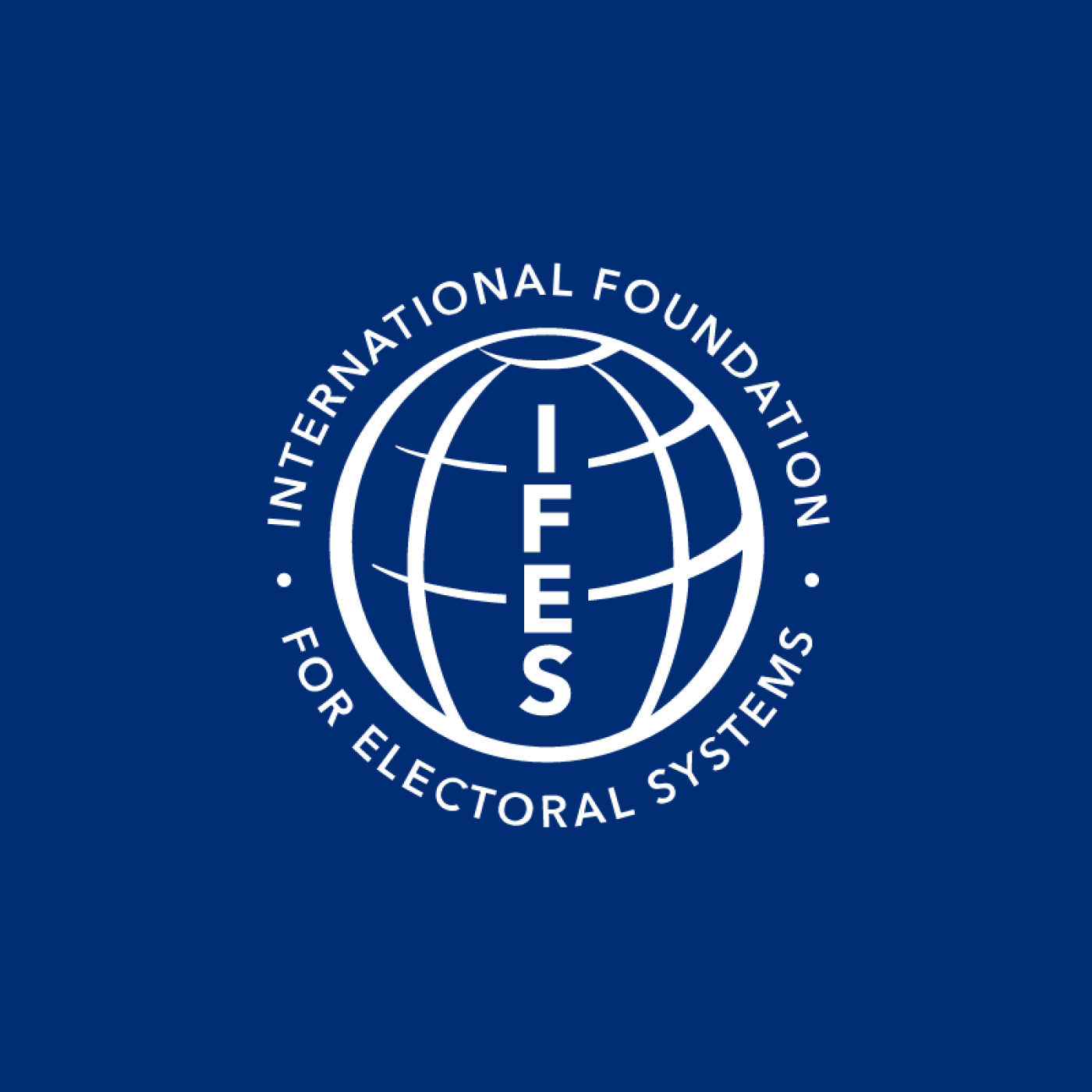Search
Filter by
Type
Publication date
Language
Type
Publication date
Language
Publication
Report/Paper
Electoral Districts in Lebanon
Electoral districting is pivotal to electoral reform in Lebanon. Current parliamentary electoral district boundaries are based on Lebanon’s administrative districts, or Qadas.
October 05, 2011
Publication
Survey
Public Opinion Data and Political and Legal Reform Opportunities for Women in Yemen, Morocco and Lebanon
As people across the Middle East and North Africa continue to protest for greater freedom and equality under repressive regimes, women have an unprecedented opportunity to capture some of the newly created political space and ensure gender rights are integrated into political and legal reforms.
September 22, 2011
Publication
Report/Paper
Lebanon's New Cabinet
Lebanon announced a new cabinet under Prime Minster Najib Mikati after operating without a government since January. IFES has produced a short brief that delineates the members of the new cabinet including their position, confession and political affiliation.
June 14, 2011
Publication
Report/Paper
Focus on Lebanon | Healthcare Access
The SWMENA survey investigated the extent to which women in Lebanon had access to formal healthcare. The survey also examined issues of affordability, quality of care, utilization, and proximity to medical services. This topic brief presents the principal findings with respect to healthcare and women’s access to it.
February 25, 2011
Image

Publication
Report/Paper
The Strategic Use of Gender Quotas in the Arab World
William & Kathy Hybl Fellowship, 2010 Research Fellow Bozena Chrisina Welbourne on The Strategic use of Gender Quotas in the Arab World
February 09, 2011
Publication
Report/Paper
Focus on Lebanon | Lobby Training Manual
Lobbying is a critical component of the democratic process. The essence of representative government is that policymakers should be representing the needs of their constituencies when they pass laws.
August 23, 2010
News & Updates
Press Release
International NGO Releases Survey Findings on Women’s Political Standing in Morocco
RABAT—A national survey on attitudes towards the political, economic, social and legal status of women in Morocco released today by the International Foundation for Electoral Systems (IFES) and the Institute for Women’s Policy Research (IWPR) shows that while women’s political and civic participation is low, there is relatively high support for gender quotas on behalf of both sexes. The survey, however, indicated that men are much less supportive than women of the Family Law or Moudawana.
Publication
Report/Paper
Focus on Morocco | Freedom of Movement, & Freedom from Harassment & Violence Topic Brief
This topic brief presents key findings from the SWMENA survey in Morocco. One portion of the survey examined the extent to which women enjoyed freedom of movement without pressures from family or society, attitudes towards violence against women, and the degree to which domestic violence is tolerated or rejected by society.
June 21, 2010
Publication
Report/Paper
Focus on Morocco | Health Care Access Topic Brief
The SWMENA survey, in addition to gathering information about women’s and men’s economic, social and political status, investigated the extent to which women in Morocco had access to formal health care. The survey also examined issues of affordability, quality of care, utilization, and proximity to medical services. This topic brief presents the principal findings with respect to women’s access to health care
June 21, 2010
Publication
Report/Paper
Focus on Morocco | Opinions on the Family Law and Gender Quotas - Topic Brief
One of the principal objectives of the SWMENA survey was to examine the level of popular support for law reforms that have the potential to enhance women’s participation in the social and political realms. The Morocco Family Law, known as the Moudawana, which was adopted in 2004, continues to draw much debate among the Moroccan populace and advocacy groups. The introduction of gender quotas in 2002 to reserve 30 seats for women on a national list in Parliament increased the representation of women in elected bodies but continues to raise questions about the effectiveness of gender quotas and how ordinary citizens felt about this system. This topic brief thus presents the main findings from the SWMENA survey on the Family Law and gender quotas.
June 21, 2010



